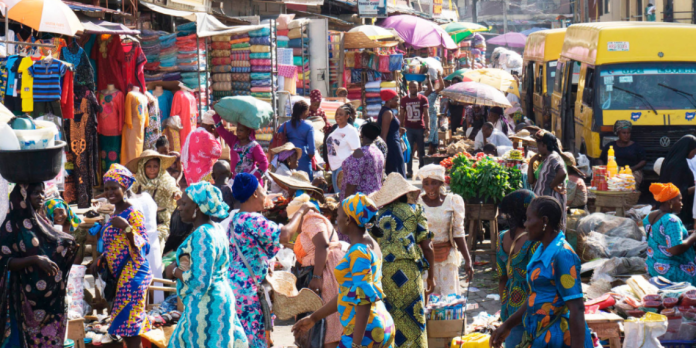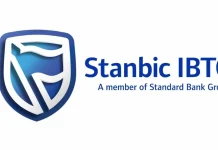Small and Medium Enterprises (SMEs) in Nigeria are facing increasing financial pressure as the Central Bank of Nigeria (CBN) maintains the Monetary Policy Rate (MPR) at 27.5%.
The decision, announced after the latest Monetary Policy Committee (MPC) meeting, aims to stabilize the economy amid inflation concerns and exchange rate fluctuations. However, many business owners say the high-interest rate is making it difficult to access credit, which is crucial for sustaining and expanding their operations.
According to the MPC, maintaining the interest rate is necessary due to persistent inflationary pressures. The committee highlights rising food prices and core inflation as major concerns, warning that premature rate cuts could undermine recent economic stability.
CBN Governor Olayemi Cardoso emphasizes that while inflation shows early signs of easing, it is still too soon to consider reducing interest rates. The committee unanimously votes to keep the rate unchanged.
Entrepreneurs across the country are voicing concerns over the high cost of borrowing, which they say is making business growth increasingly difficult.
Nkechi Levy, a small business owner, describes the challenge of securing loans.
“Accessing credit is nearly impossible because of the high interest rates. Many of us are struggling to keep our businesses running.”
Jude, a shop owner at Wuse Market, also expresses frustration.
“How do small businesses grow when loans are too expensive? Many of us depend on credit to stay afloat, but the cost is simply too high.”
Experts Assess Economic Impact
Economic analysts warn that sustaining a high-interest rate may slow down business expansion and economic recovery.
Dr. Muda Yusuf, CEO of the Centre for Promotion of Private Enterprises (CPPE), notes that while keeping the rate unchanged prevents further increases, it does not address the core issue of expensive credit.
“Businesses need lower interest rates, not just stability. Servicing loans at nearly 30% is an overwhelming burden.”
He adds that companies that secured loans at lower rates in previous years are now struggling with rising repayment costs.
“Existing borrowers are hit the hardest because they cannot avoid their loan obligations. New borrowers may reconsider taking loans, but those already in debt are trapped with higher costs.”
Dr. Adam Abudu of the Society for Peacebuilding and Economic Advancement argues that the policy does little to curb inflation while stifling business growth.
“Keeping the MPR at 27.5% does not significantly reduce inflation, but it makes business survival harder. Affordable credit is key for investment and job creation, yet current policies discourage borrowing.”
What Lies Ahead for SMEs?
As businesses continue to struggle with high borrowing costs, industry stakeholders are urging the CBN to reconsider its approach in the next MPC meeting. Many believe a reduction in interest rates would stimulate economic activity, encourage investment, and create jobs.
For now, Nigerian businesses must explore alternative funding sources, as traditional bank loans remain unaffordable due to high interest rates.













